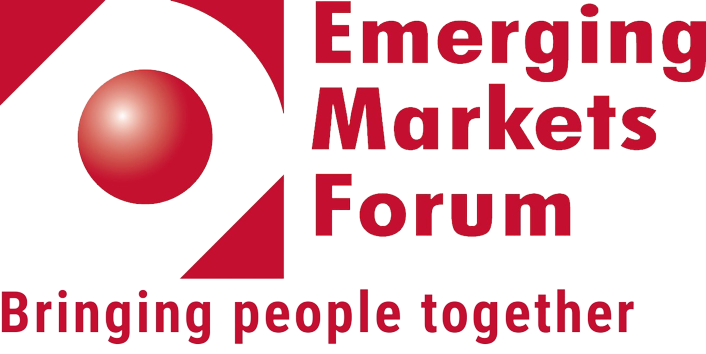OECD-EMF Declaration
4th annual OECD-EMF meeting calls for better global dialogue to ensure efficient post COVID-19 crisis recovery
The Emerging Markets Forum gathered on 30 April, on the occasion of the 4th annual OECD-EMF meeting, to discuss the theme of Emerging Economies in a Post-COVID World. During the Forum, participants focused on the extent to which the COVID-19 crisis has especially impacted emerging and developing economies, exacerbating pre-existing challenges, asymmetries and inequalities.
Prior to the current crisis, the post-global financial crisis era had already failed to address these outstanding socio-economic issues, particularly the inequalities that remain in the emerging and developing world. We need to tackle these inequalities by strengthening skills and investing in education systems and expanding the coverage of health and social protection systems, including for informal workers. Particular attention must be paid to supporting women and youth, as well as to overcoming the digital divide. Together with tackling inequalities, we need to accelerate a just transition towards a low-carbon economy. One that addresses climate change and inefficient resource allocation, whilst improving access to technology and financing for emerging and developing economies. It is in the interest of developed countries to forge new partnerships to ensure developing and emerging economies can embark on a technological transition that addresses climate concerns while advancing inclusion and prosperity for all.
During the discussions on the impact of the COVID-19 crisis on emerging and developing economies, participants highlighted the despair that some emerging, developing and middle-income countries are currently facing in this new phase of the pandemic. WHO has reported that globally, new COVID-19 cases increased for the ninth consecutive week, with nearly 5.7 million new cases reported in the last week – surpassing previous peaks.
The OECD –EMF Forum concluded that this is not the moment to turn our backs on what is currently happening. The COVID-19 pandemic has revealed the interconnectedness, complexity and fragility of our global system. Today more than ever, coherent and cooperative action is needed, in the spirit of solidarity and co-responsibility.
The short-term challenges that constrain the ability of many governments to fight the virus are evident. They include shortages of medical personnel and equipment, weak health infrastructure and care facilities, combined with severe shortages of vaccines in most emerging and developing economies (particularly in comparison with the situation in developed countries). We need to ensure greater access and distribution of vaccines, especially in the direction of Africa. The cost of inaction is much higher than the investment needed to produce and distribute vaccines widely. To this effect, maintaining open trade and avoiding vaccine nationalism is key.
In driving the recovery forward, debt sustainability will play a key role. Given the debt legacy of many low and middle-income countries, we need to create and use the fiscal space required to repair the damage caused by the pandemic and build a resilient recovery. In this context we applaud IMF’s issuance of Special Drawing Rights (SDR) and hope they will be used to provide necessary liquidity to countries in need. But we question whether these measures are enough on their own to fully address low and middle income countries needs. The international financial architecture needs to further evolve and more fully incorporate developing countries’ constraints and financing needs.
An integrated and systemic approach is required for the mid and long-term. More than ever, we need a new approach to development, one that places inclusive dialogue, investment for resilience and social inclusion at its core. Such an approach must recognise that the long-term starts today, and actions need to be planned accordingly.
With these principles in mind, the OECD and the Emerging Markets Forum would like to express their full support to emerging and developing countries, to help putting the above-mentioned issues on the table and pushing for global commitment to tackle the devastating effects of the pandemics. Immediate actions are needed to face the present situation and to build medium and long-term recovery plans. These efforts should be the opportunity to address long-standing vulnerabilities and invest in a recovery that places people and the planet at its centre. We are convinced that improved dialogue and knowledge exchange between emerging, developing and more advanced countries will greatly help in finding coherent and sustainable post COVID-19 crisis recovery paths for the entire global community.
